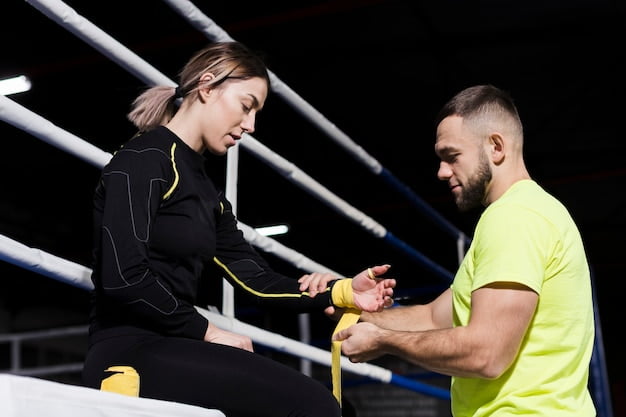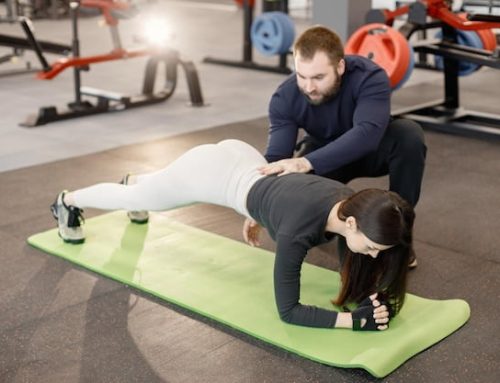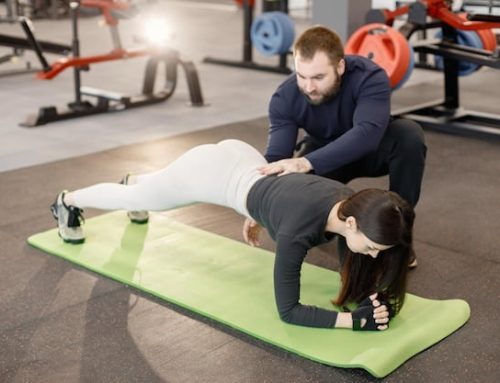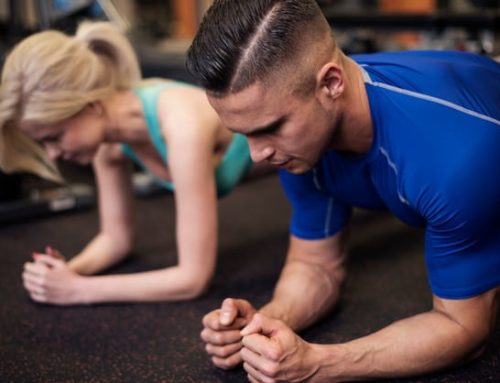The Importance of Sports-Specific Training
Sports-specific training has become increasingly popular among athletes looking to enhance their performance in their respective sport. Whether you are a professional athlete, an amateur competitor, or someone who participates in recreational sports, sports-specific training can benefit you in a number of ways. In this article, we will discuss the importance of sports-specific training and how it can help you reach your athletic goals.
What is Sports-Specific Training?
To understand the importance of sports-specific training, it is essential to first define the term. Sports-specific training refers to exercises and drills that are designed to improve the specific movements and skills required for a particular sport. It is a tailored approach to training that focuses on the specific demands of a sport and the movements that are required to be successful in that sport.
The Benefits of Sports-Specific Training
There are many benefits to sports-specific training, including:
Improved Performance:
One of the most significant benefits of sports-specific training is improved performance. By focusing on the specific movements and skills required for your sport, you can improve your overall performance and become a better athlete. For example, if you are a basketball player, training that focuses on improving your footwork, jumping ability, and shooting can help you become a better player on the court.
Reduced Risk of Injuries:
Another benefit of sports-specific training is that it can help reduce the risk of injuries. By strengthening the muscles and joints that are used in your sport, you can reduce the likelihood of experiencing an injury. Additionally, sports-specific training can help improve your flexibility, balance, and coordination, all of which can help prevent injuries.
Increased Confidence:
Sports-specific training can also help increase your confidence as an athlete. By training specifically for your sport, you can develop the skills and abilities that are required to be successful, which can help boost your confidence both on and off the field or court.
Examples of Sports-Specific Training
Sports-specific training can take many forms, depending on the sport in question. Here are some examples of sports-specific training for various sports:
Basketball:
– Plyometric exercises to improve jumping ability
– Footwork drills to improve agility and speed
– Shooting drills to improve accuracy and consistency
– Core strengthening exercises to improve balance and stability
Football:
– Resistance training to develop strength and power
– Agility drills to improve speed and change of direction
– Passing drills to improve accuracy and consistency
– Cardiovascular conditioning to improve endurance
Tennis:
– Footwork drills to improve agility and speed
– Forehand and backhand drills to improve technique and consistency
– Cardiovascular conditioning to improve endurance
– Hand-eye coordination exercises to improve reaction time
How to Implement Sports-Specific Training
To implement sports-specific training, it is essential to first identify the specific movements and skills required for your sport. Once you have identified these, you can develop a training plan that focuses on improving these movements and skills. It is important to work with a qualified trainer or coach who can help design a training plan that is tailored to your specific needs and goals.
In addition to working with a trainer or coach, it is also important to focus on proper nutrition and recovery. Eating a balanced diet that includes plenty of protein, complex carbohydrates, and healthy fats can help fuel your body for training and competition. Additionally, getting enough rest and allowing your body time to recover between training sessions is essential for reducing the risk of injuries and improving overall performance.
Conclusion
Sports-specific training is an essential component of athletic performance. By focusing on the specific movements and skills required for your sport, you can improve your performance, reduce the risk of injuries, and increase your confidence as an athlete. If you are interested in sports-specific training, be sure to work with a qualified trainer or coach who can help you develop a training plan that is tailored to your specific needs and goals. With the right training and dedication, you can achieve your athletic goals and become the best athlete you can be.






